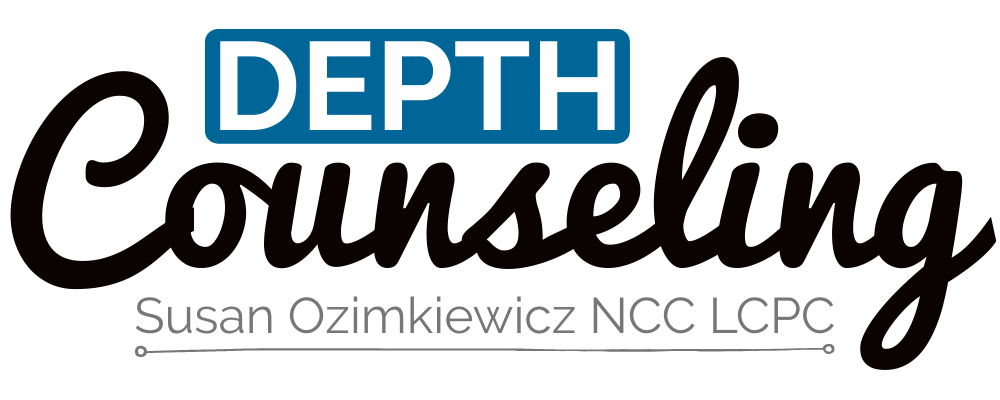Everybody – Somebody – Anybody – Nobody
Y our current safe boundaries were once unknown frontiers. ─unknown
Many of my clients have expressed feeling like a “doormat” that anybody can step on. They complain that somebody is always making unacceptable remarks about their personal beliefs, actions, or physical characteristics. Nobody accepts them as they are. Everybody always has something to say about them, and they want to know how to handle this situation.
Personal Boundaries
This state of their affairs is about their own sense of their individual personal boundaries. It is about the edges and limits of where their personhood ends, and the other people begin. When you were a child, if you were not taught about your own energetic bubble and individual space, you might feel unsafe and vulnerable as an adult. You could have the feeling that you have no rights to yourself. Your parents or caretakers might not have given you any instructions about setting limits about who you are with the ability to pick and choose or just plain say “no.” Perhaps, you were never allowed to be seen and heard. There was no permission to express your likes and dislikes about people, places, and things. In no way, could you even say how close another person could be to you. Relatives and friends might have just been able to grab you and give you a hug because they wanted to. Boundary making is about what is coming at you from another and what you are putting out to others. It is not too late to begin establishing appropriate contact, communication, and an interface with the people and situations in your environment. You can start now by knowing in what areas you experience your boundary intrusions and invasions.
Border Crossings
There are many areas and ways to experience people crossing your border line into your own territory. You may be able to add many more symptoms to this list.
* Being touched or touching without permission
* Over giving or investing in another or somebody doing that to you
* Getting as much as you can from others or that is taken from you
* Others tell you who you are
* Not using your voice to say yes or no or to pick and choose
* Ignoring your own needs to fulfill the expectations of others or pleasing them only
* Others won’t like you if you don’t do what they want
* Expecting others to take responsibility for you or meet your needs
* Feeling you have to engage in sex even if you don’t want to
Thick and Thin
Through thick and thin, your life is your own territory in the areas of the physical, mental, psychological, and spiritual. This includes your beliefs and emotions. There are people who will set limits and boundaries for you because you don’t do it yourself. You may also want to stop people from crossing the line who interfere and are over involved in your life.
The four areas listed below describe some different types of responsive reactions to your boundary crossings. This is how some folks may feel when someone invades their personal space by prying, judging, or with criticism.
Pliable people are flexible and bendable. They don’t know their own thoughts, ideas, and join in with the group mind or with everybody in whatever is going on. They can be lax and floppy in their personal responses to setting limits for themselves as they make feeble attempts to hold the line.
Soaker uppers are people who absorb and take up and in somebody else’s emotions, feelings, and beliefs. They are limp and overly empathic as they live vicariously through other people’s experiences. They actually do not know their own feelings about anything or anybody and cannot say what and who they are in and of themselves.
Stiff necked and unyielding people are armored up in their reactions to anybody or anyone who tries to manipulate their sense of self. They also keep others at their arm’s length, especially, if there was past psychological, emotional, or any form of physical abuse. Those that have been victimized and feel vulnerable are often not able to say no or defend themselves with appropriate boundary making.
Exploit less people are those who can be assertive because they have developed mental resilience in their response ability. They embrace and understand their right of selfhood. Nobody can manipulate them anymore because they have learned to establish their particular perimeter around themselves. They resist and refuse to be taken advantage of by others.
Construct and Erect
Boundary building and setting limits promotes good mental health and relationships. Acquiring the skill to put together tools for yourself to maintain yourself-worth and self-image can help you to avoid getting caught in emotional enmeshments, or entanglements of associations.
Learning to say no , is the fastest way to protect yourself, your heart, and your emotional health. When requests are made upon your time, money, to take on somebody else’s responsibility, or to meet an unrealistic expectation of another person is a waste of your vitality.
There are simple ways to state and establish your own authority and limit. Saying some of the following phrases is healthy and freeing.
1. “That doesn’t work with my schedule.”
2. “My policy is I don’t lend money to anyone.”
3. “That doesn’t won’t work for me.
4 .”I can’t do that.”
5. “I can’t help at this time.”
Once you have made an “I” statement like those above you do not have to explain anything to anyone. If you are pressured, then the asker is being rude. Just simply restate what you said and move on or change the subject after that.
Your personal boundaries protect the inner core of your identity and your right to choices. ─Gerard Manley Hopkins
© Ozimkiewicz







